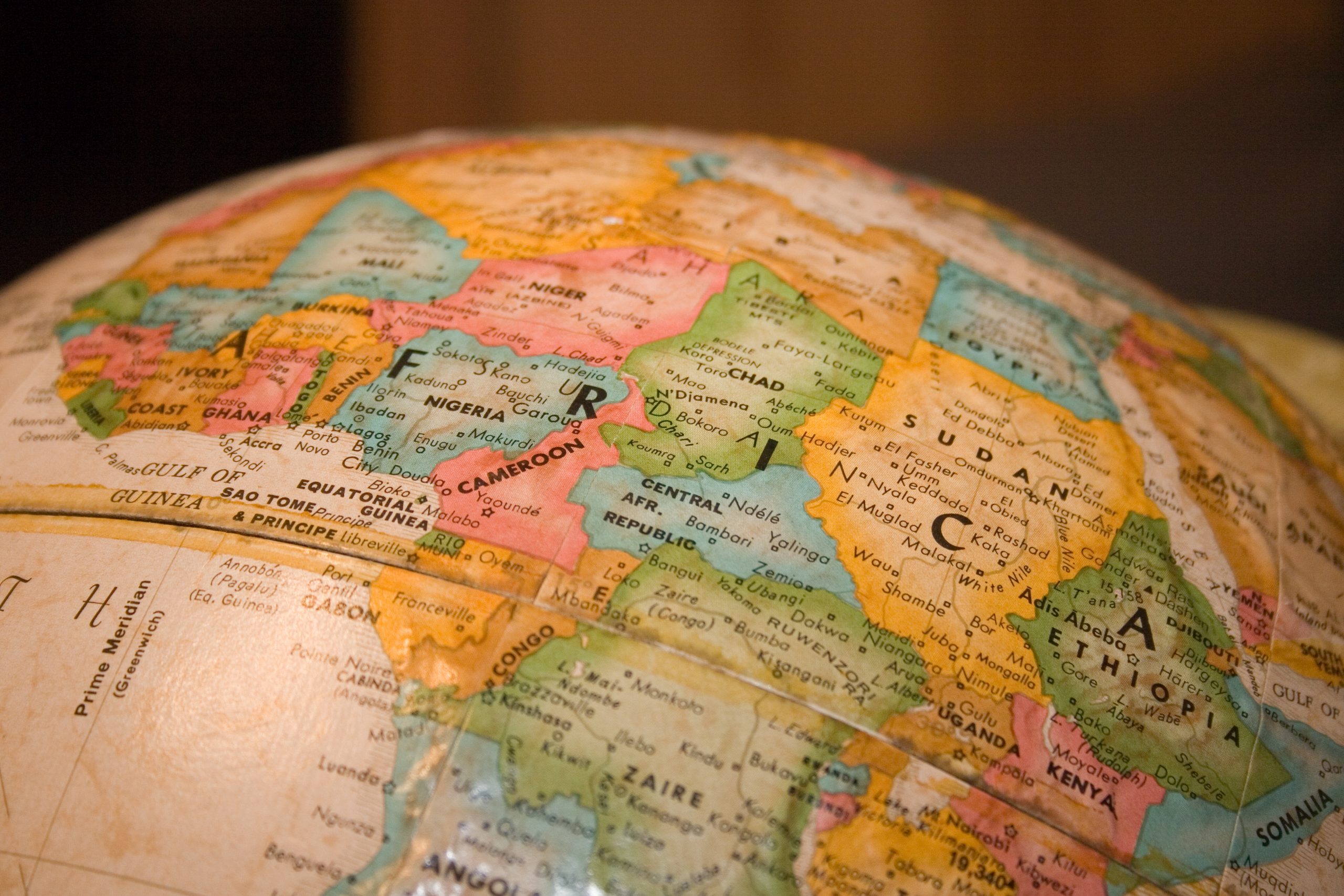From censoring Winnie the Pooh to attacking ships in the South China Sea with water cannons, China’s anti-Western international agenda has long been centered around political posturing and aggressive ploys for greater regional influence. However, Chinese President Xi Jinping’s recent actions suggest a new, rather unique, international strategy: spinning a globe and speaking with leaders from wherever it lands. In January, it was America’s ambassadors who found themselves discussing diplomacy at Xi’s dinner table. Fast forward to May, when Xi took his first trip in four years to speak with EU officials. Despite the Western world believing that these discussions got the two sides ‘back on track’ in terms of peace and stability, last month revealed Beijing’s true contemporary global motives: making an immediate move to Africa.
This September, Xi hosted representatives from over fifty African countries at the Forum on China-Africa Cooperation in Beijing, primarily to discuss future China-Africa relations. For the CCP, this conference served as an attempt to reaffirm China’s apparent commitment to support the developing world. Xi promised that Beijing would provide upwards of $50 billion in the form of direct economic support to African governments, create upwards of a million jobs, and millions of dollars more in military and food aid. For African leaders, this is a deal they feel they cannot pass up.
However, this decision could be detrimental. Xi desires not the improvement of the developing world, but rather, an expansion of his own hegemony. Through calculated use of the Belt and Road Initiative (BRI)—Xi’s decade-old global infrastructure investment program—China will set up expansionary footholds in these countries, the first step in Beijing’s authoritarian global agenda.
The BRI works systematically: Chinese banks and firms make loans to governments who put the money towards the expansion of domestic infrastructure projects. However, considering the lack of financial and monetary stability in many African nations, when China comes calling for their payments, governments are unable to afford to pay back that debt, meaning China expects some sort of political or economic concession instead. Coal mining centers in Zimbabwe, 40% of the market shares in East Africa’s mobile phone market, and entire businesses’ operations across already involved African nations are some of the concessions that China has gained from what the international community has labeled ‘Debt-Trap Diplomacy.’
Dependence on China has greatly harmed African economies and institutional stability in the past. Regional and structural stability depends on a government’s institutional strength, commitment to maintaining a stable economy, and ability to quell tensions. China’s Debt-Trap Diplomacy weakens all three, thus it is not surprising that there have been nine successful military coup d’etats on the continent since 2020 and several of the African countries that did have coups (Mali, Guinea, Burkina Faso, and Niger) have the largest dependence on China in terms of monetary support. Politically, an inability to pay back large sums of debt weakens the institutional capacity and legitimacy of a government’s leaders, making instability and potential revolts significantly more likely. Out of those four nations, Burkina Faso is the sole to not participate in China’s BRI. Yet, Beijing has still sponsored the education of Burkinabé military representatives, the nation’s central news outlets, and telecommunication services. Despite not signing onto Xi’s program, Burkina Faso’s fragile economic conditions led domestic leaders to accept a lending hand from China. It is this ability to control more than just a country’s budgets and policy-making that further demonstrates the danger of increased Chinese influence in Africa.
Africa’s importance to China stems from Xi’s hegemonic aspirations, a desire for greater international influence, and a plan to establish dependent states across the globe. Considering the recent influx of Chinese strategic moves in the African continent, a Western response is critical and can be expected. From foreign portfolio and direct investments into Nigeria, Angola, and Mozambique, environmental conservation efforts in Kenya and Botswana, and humanitarian relief programs across Central Africa, the West’s already established presence in Africa can not be understated. Regardless, to prevent Chinese-instigated instability within African nations, a larger effort is necessary.
In order to reduce dependence on China, the West must help to facilitate intra-continental trade between African nations. Increasing foreign domestic investment from Western countries, promoting economic growth, and preventing long-term instability would work to benefit both Africa and the West. After all, the African Continental Free Trade Area has the potential to be the West’s ticket into expanding its presence in Africa and hindering Chinese economic advancements. The AfCFTA aims to create a singular market that would boost intra-African trade development and thus, reduce the current dependence on importing goods and continually requesting loans from Beijing.
Otherwise, with Xi possessing free reign across Africa, continental stability will take a big hit. Western prioritization of Africa is no longer a backseat topic. It is a critical necessity that the West’s leadership must act upon.
Featured Image Source: Adobe Stock






Comments are closed.